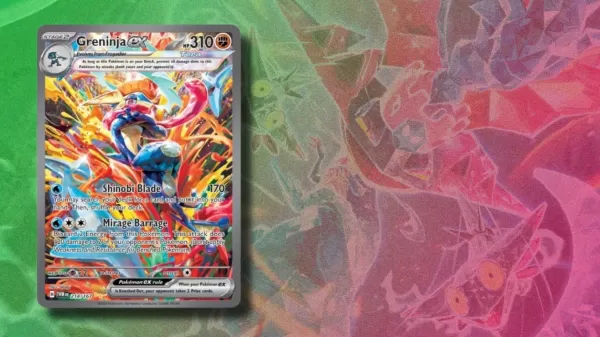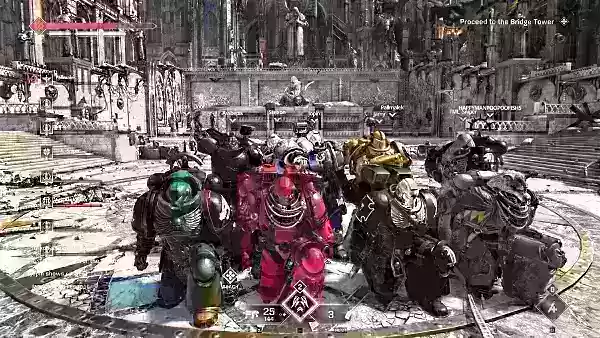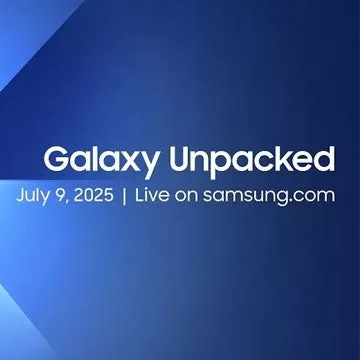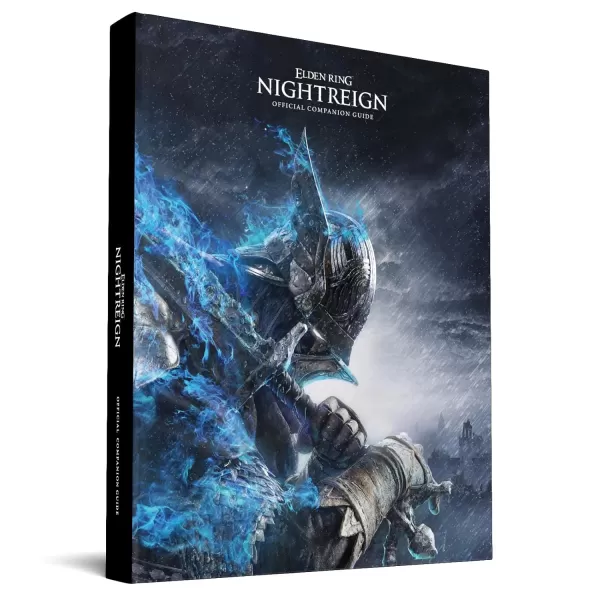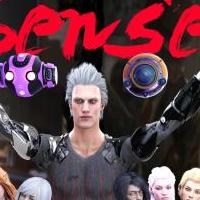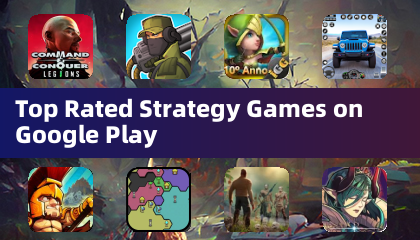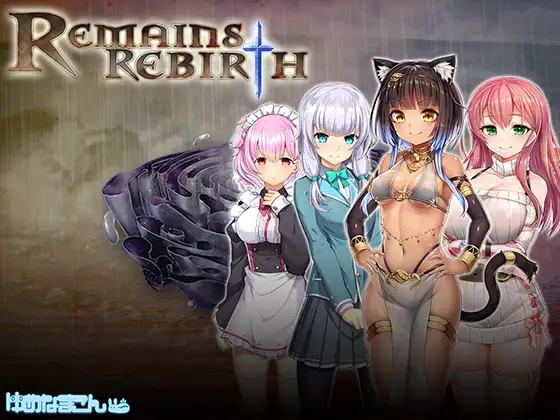Activision has recently stirred the gaming community by unveiling advertisements for new projects within its renowned franchises, such as Guitar Hero, Crash Bandicoot, and Call of Duty. Yet, the spotlight quickly shifted from the announcements to the revelation that these promotional materials were crafted using neural networks.
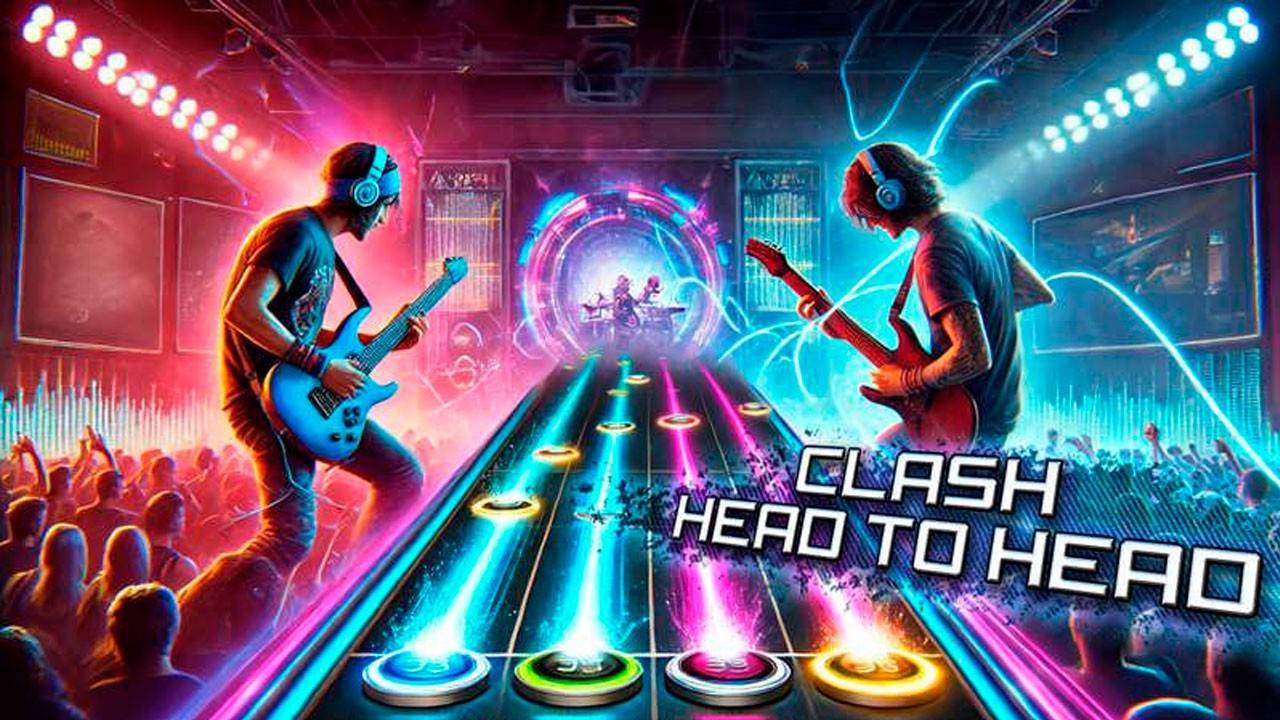 Image: apple.com
Image: apple.com
The initial advertisement surfaced on one of Activision's social media platforms, showcasing Guitar Hero Mobile and directing users to a pre-order page on the App Store. The peculiar, almost surreal visuals caught the attention of users, igniting a flurry of online discussions. It wasn't long before similar reports surfaced regarding other mobile titles like Crash Bandicoot Brawl and Call of Duty Mobile, which also employed AI-generated imagery in their marketing. The first assumption was that Activision's accounts might have been compromised, but it was eventually revealed as an innovative, albeit controversial, marketing strategy.
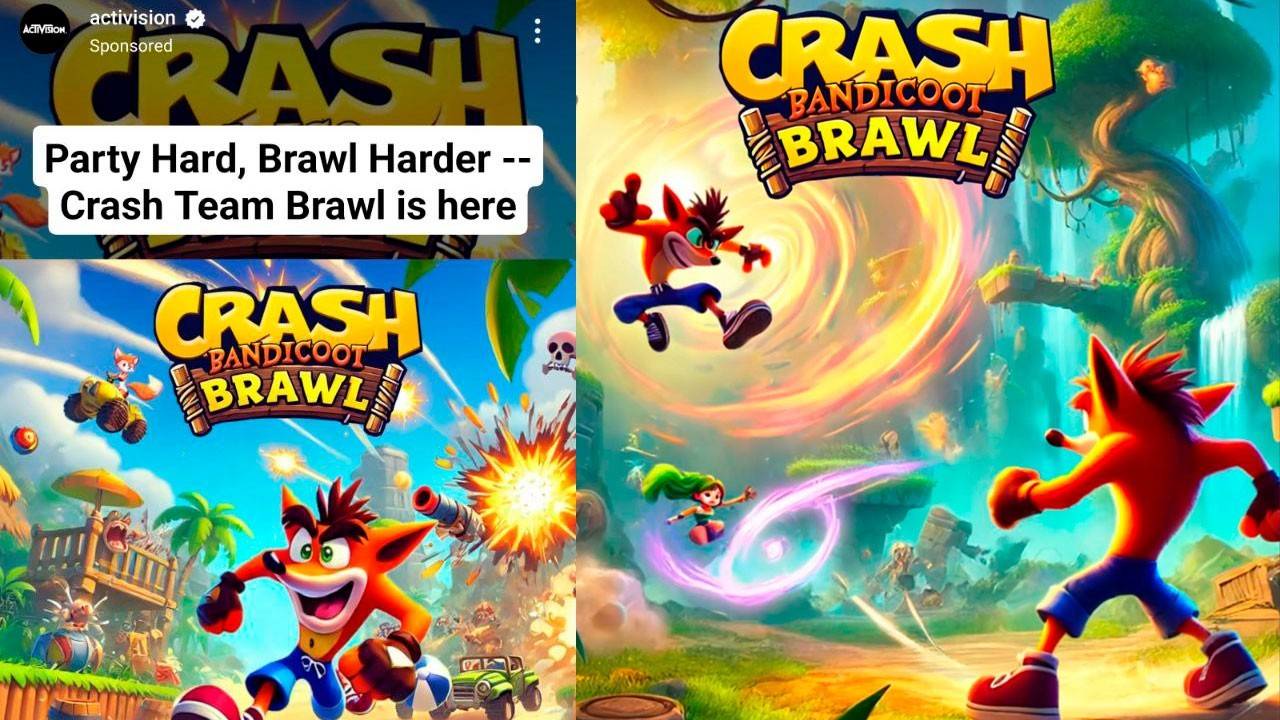 Image: apple.com
Image: apple.com
The response from the gaming community was overwhelmingly critical. Players expressed their discontent with Activision's choice to utilize generative AI over collaborating with skilled artists and designers. The fear was that this could lead to games becoming what many described as "AI garbage." Some even likened this move to the controversial practices of Electronic Arts, another giant in the gaming industry.
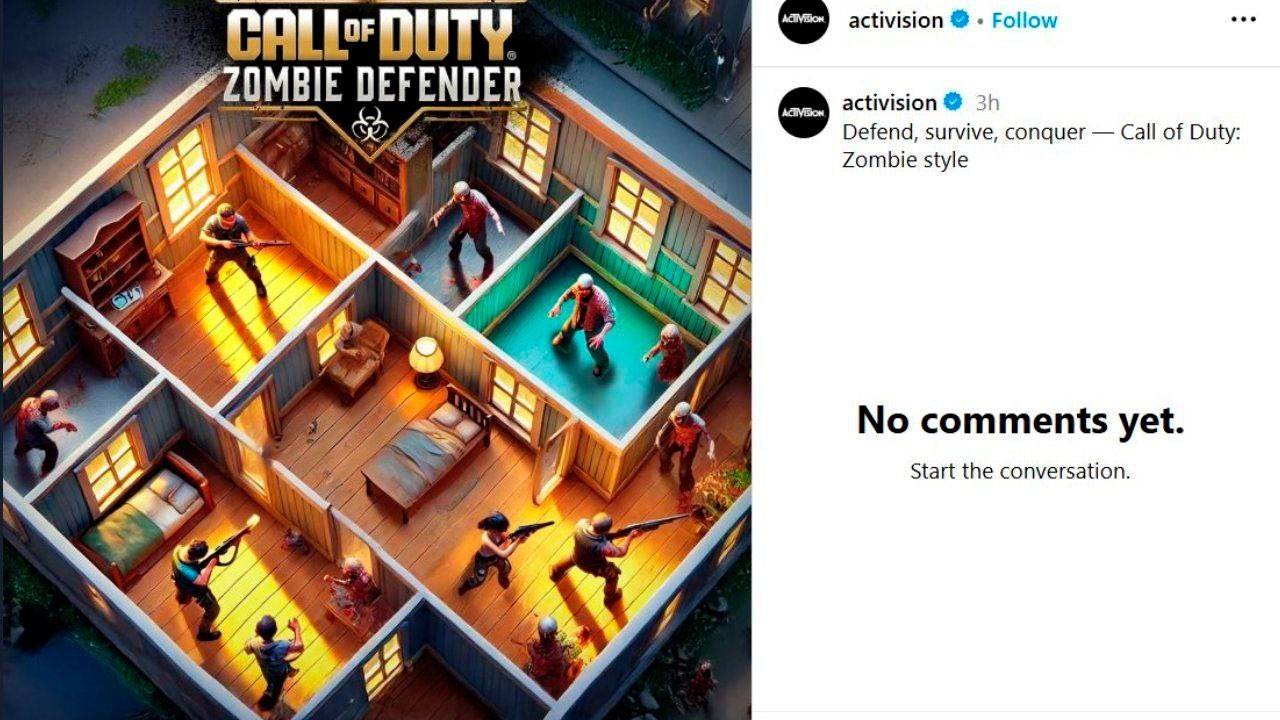 Image: apple.com
Image: apple.com
The utilization of AI in both the development and marketing spheres is becoming a hotly debated issue for Activision. The company has already acknowledged the active use of neural networks in the creation of content for Call of Duty: Black Ops 6.
In response to the backlash, some of the promotional posts were removed. It's still uncertain whether Activision genuinely intends to launch these games or if this is merely an experiment to gauge audience reactions with provocative content.

